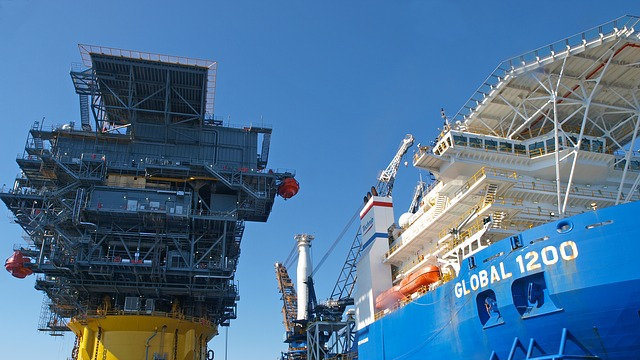West Texas Intermediate (WTI) crude oil prices are demonstrating stability, lingering around $66.80 per barrel in Thursday’s Asian trading session. This resilience in pricing comes amid significant concerns regarding oil demand, particularly influenced by the rising acceptance of electric vehicles in major markets like China. These factors appear to be counterbalancing any potential disruptions in U.S. oil production due to Hurricane Francine.
In the Gulf of Mexico, oil production experienced some interruptions as companies preemptively adjusted their operations in anticipation of the hurricane. Several oil refineries in Louisiana were reported to have scaled back their activities, yet overall, the persistent demand issues in key regions are overshadowing these supply concerns. According to the latest data from the Energy Information Administration (EIA), U.S. crude oil stockpiles increased by 0.833 million barrels last week, which fell slightly short of the predicted 0.9 million-barrel rise. This inventory build is largely attributed to a rise in crude imports coinciding with a decline in exports.
Notably, gasoline demand has plummeted to its lowest point since May, with similar trends observed in distillate fuel demand, as well as reduced refinery throughput. As traders analyze this data, the market’s overall sentiment remains cautious, particularly given the decreasing demand outlook.
Compounding these concerns, OPEC has consecutively reduced its forecast for global oil demand growth for 2024, signaling a trend that traders are keenly watching. The organization is also adjusting its expectations for demand for the coming year, adding to an already cautious market climate.
With the International Energy Agency’s (IEA) monthly report set to be released soon, traders are now closely monitoring for any signs that might confirm or contradict expectations of weakening demand, as market conditions continue to evolve.
